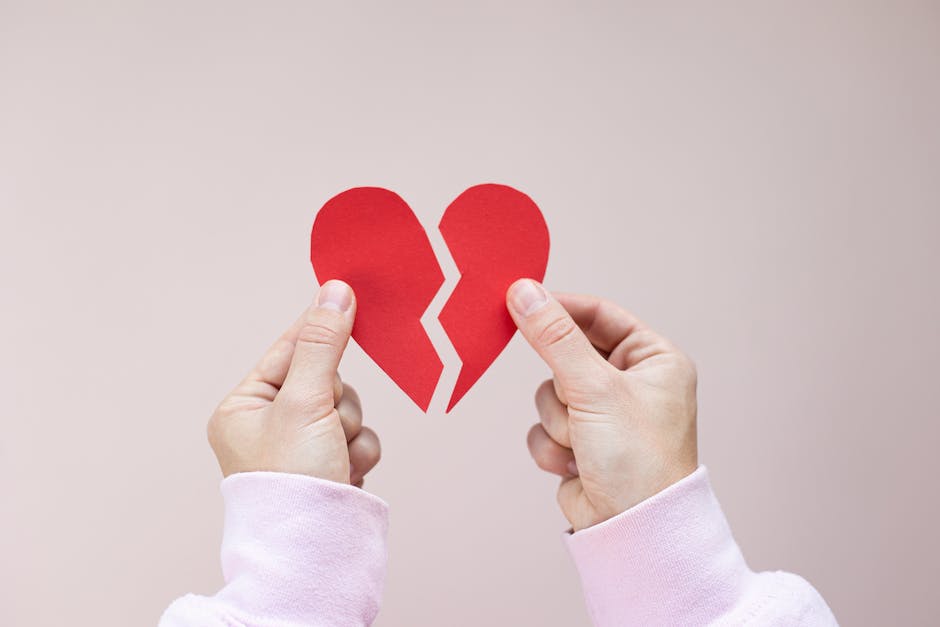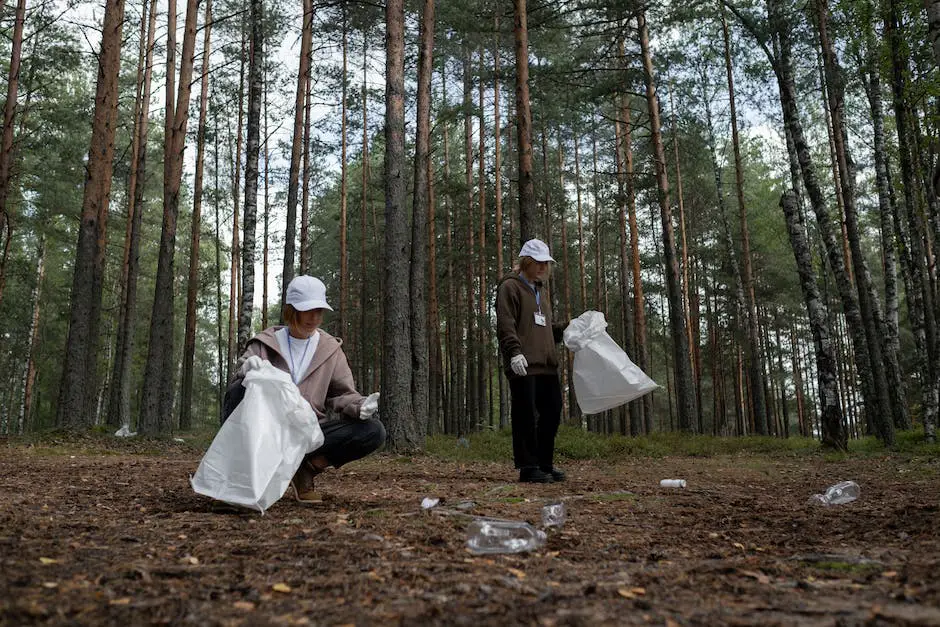We navigate through life surrounded by a myriad of interpersonal relationships, most of which contribute to our growth, strength, and happiness.
However, what happens when a relationship – romantic, familial, or platonic- begins to breed toxicity instead of fostering growth?
Indeed, recognizing the signs of a toxic relationship can be challenging, because such situations often emerge subtly, and can sometimes involve manipulation that gets mistaken for expressions of care or concern.
This discussion aims to shed light on the intricacies of toxic relationships — from defining one, to discussing the psycho-emotional symptoms, various signs of abuse, the impact on one’s well-being, and ultimately covering steps one can take if they find themselves in a toxic relationship.
Defining a Toxic Relationship
A toxic relationship refers to any relationship between people who don’t support each other, where there’s conflict and one seeks to undermine the other, where there’s competition, where there’s disrespect and a lack of cohesiveness. It’s not merely restricted to romantic relationships but can also encompass relationships with friends, family, and co-workers.
Signs of a Toxic Relationship:
One of the critical signs of a toxic relationship is continual unhappy feelings. Emotions like despair, dissatisfaction, and anxiety become a standard part of interactions.
Another strong indicator is manipulation. Manipulative behavior can take many forms, such as backhanded compliments, passive-aggressive behavior, guilt-tripping, gaslighting, or coercing one into unwanted actions. This form of manipulation sows seeds of doubt and lowers the victim’s self-esteem over time.
Excessive criticism is another sign. It’s normal to receive constructive criticism, but when it becomes constant, unsolicited, and harsh, it typically represents a toxic relationship. Such unrelenting negative feedback erodes one’s self-confidence, making them feel devalued and insignificant.
Lack of respect is also a key sign of a toxic relationship. If the relationship doesn’t have an underlying respect between the parties involved, it can turn toxic. Disrespect can reflect through dismissive behavior, constant interruptions, denigration, or blatant disregard for one’s feelings, boundaries, and personal space.
Recognizing Toxic Dynamics:
The impact of toxic dynamics in a relationship can be profound and enduring. Individuals caught in such relationships often feel isolated, tormented, and ensnared. They are likely to suffer from low self-esteem and may experience symptoms of anxiety or depression.
Recognizing these signs is the initial step towards healing from a toxic relationship. Being aware of the nature of these unhealthy relationships aids in distinguishing regular relationship problems from potentially harmful situations.
The ability to differentiate between these two scenarios allows for healthier emotional decisions. However, recognizing a toxic relationship is not always straightforward.
Therefore, seeking professional help is crucial if you suspect you are in such a relationship. Specialists can provide invaluable advice and resources to steer you away from damaging situations and towards healthier and happier relationships.

Psycho-emotional Symptoms
Anxiety and Unease
Insistent feelings of anxiety and unease are substantial psychological signals of a toxic relationship. These emotions can present in a variety of ways. You may, for example, constantly worry about your partner’s reactions, living in fear of igniting their anger. The sensation of perpetually walking on eggshells, terrified of making a mistake, is a common experience.
Consider the case of Sarah, who constantly lived in fear of her partner’s reactions to everyday situations. His explosive responses to minor things like her cooking something he didn’t prefer, or her desire to spend time with friends would trigger her anxiety. This case demonstrates that persistent anxiety and fear are indicative of a toxic partner who induces such feelings instead of providing the comfort and support a loving relationship should.
Depleted Emotional Strength
Being in a toxic relationship can adversely impact your emotional health, leaving you feeling perpetually drained. Such relationships usually involve one person absorbing the emotional energies of the other, leading to emotional exhaustion.
For example, Chris found himself increasingly exhausted by his partner’s excessively emotional demands. He felt like he couldn’t cope and constantly lived on an emotional roller-coaster with his partner dictating the highs and lows. Chris’s experience typifies how being in a toxic relationship can deplete your emotional strength, rather than enriching it.
Decreased Self-esteem
Toxic relationships often breed an environment of constant criticism, belittlement, or dismissiveness. This can lead to decreased self-esteem and self-worth in the person at the receiving end.
Take, for example, Jane, who was habitually criticized by her partner for her appearance, her career decisions, and even her family. The constant critique and derision resulted in decreased self-confidence and self-esteem. Stories like Jane’s show how a toxic partner can erode one’s sense of self-worth rather than nurturing it.
Presence of Manipulative Behavior
A prevalent indicator of a toxic relationship is the persistent use of manipulative behavior, typically aimed at gaining control. In relationships tainted by such toxicity, there exists an imbalance, wherein one party continuously attempts exerting their influence over the other, often resorting to tactics like emotional manipulation and guilt-tripping.
Take for instance, Mike. His partner consistently found ways of making him feel responsible for situations that were beyond his control. Using guilt as her weapon of choice, she would make Mike feel that every disagreement or problem was his doing, hence, placing the blame squarely on his shoulders. Patterns like these demonstrate that individuals in toxic relationships often become vehicles of manipulative tactics and control rather than being treated with the respect and equality they deserve.

Signs of Abuse
Occurrences of Physical Abuse
Physical abuse in a relationship is defined as any deliberate act that leads to causing harm or injury to the other party. Measures of physical abuse can be as varied as hitting, slapping, shoving, to choking and other forms of physical dominance. It is crucial to note that such abusive conduct often escalates over time, commencing with minor instances that eventually progress into more intense and frequent episodes. No individual should ever have to tolerate any degree of physical duress in a relationship, irrespective of how minor or infrequent it may appear.
Emotional Abuse
Emotional abuse can be harder to identify but is just as damaging as physical abuse. It often involves tactics to manipulate a person’s emotions and undermine their mental well-being. Typical signs of emotional abuse include constant criticism, humiliating comments, controlling behavior, extreme jealousy, isolation from friends and family, and making the victim feel guilty or responsible for the abuser’s behavior. Emotional abuse can result in low self-esteem, high levels of stress and anxiety, and even depression in victims.
Verbal Abuse
Verbal abuse is a form of emotional abuse that involves using words to harm or control another person. This might include name-calling, yelling, cursing, constantly criticizing, and belittling. It is often an ongoing pattern that gradually diminishes the victim’s self-esteem and makes them feel powerless. Verbal abuse can also include forms of manipulation such as gaslighting – making the victim question their own memories, perception, or sanity – and it can be accompanied by an imbalance of power in the relationship.
Identifying and Addressing Toxic Relationships
Recognizing the signs of a toxic relationship is the crucial first step towards seeking help. This could be your relationship, or that of someone you know. It’s important to remember that there are various confidential resources readily available for support, such as the National Domestic Violence Hotline in the USA which operates 24/7 at 1-800-799-SAFE (7233). This organization also offers interactive services such as live chat on their website. Obtaining assistance can take many forms, such as counseling, legal resources, and support groups. Websites like thehotline.org offer a wealth of resources including safety planning, guide to escape, as well as finding local support. If you’re a victim of domestic abuse, you should always remember that you’re not alone, and that there are always people and organizations ready to assist you.

Impact on Health and Well-being
Physical Health Implications of Toxicology Relationships
Toxic relationships can contribute significantly to your overall stress levels, leading to various physical health issues. The stress caused by these relationships may manifest itself as frequent headaches or migraines, digestive problems, and sleep disturbances.
Chronic stress could escalate these issues leading to more serious health consequences like hypertension, diabetes, and heart disease. It could also compromise your immune system, making you more prone to infections.
Further, the heightened stress levels induced by a toxic relationship might push individuals towards unhealthy coping behavior such as smoking, excessive alcohol consumption, overeating, or illicit drug use. These maladaptive responses increase health risks even more, leading to the development of severe conditions like obesity, liver diseases, and lung cancer.
Effects of Toxic Relationships on Mental Health
Toxic relationships can significantly impact mental health, often triggering mental disorders like depression and anxiety. People in such relationships may frequently feel unworthy or constantly in fear of their partner’s criticism, leading to self-doubt, feelings of inadequacy, and an overall sense of unhappiness. Over time, the persistent negativity can lead to depression, characterized by persistent sadness, hopelessness, and a loss of interest in things once enjoyed.
Similarly, the unpredictability and constant tension in a toxic relationship can induce anxiety. Individuals may live in anticipation of the next argument or incident, experiencing persistent nervousness, restlessness, and difficulty concentrating.
Moreover, the manipulation often present in toxic relationships can result in a devastating phenomenon known as gaslighting, where someone questions their own reality or sanity. This can lead to confusion, further exacerbating feelings of anxiety and inducing symptoms of post-traumatic stress disorder (PTSD).
Identifying the Warning Signs of a Toxic Relationship
Detecting the red flags of a toxic relationship can lead to prompt actions, minimizing its harmful impact on one’s health. This could involve manifestations such as one-sided dominance or control, persistent criticism, extreme jealousy, enforced isolation from loved ones, verbalized or actualised violence, incessant tension or arguments, acts of manipulation or deceit, the dismissal of personal needs, and a consistent feeling of exhaustion—be it physical, emotional, or mental.
If these symptoms present in your relationship, it is fundamental to reach out to a professional for help. Counselors, psychologists, and social workers offer invaluable support and guidance, aid in developing coping strategies, and construct an emergency plan when required. Don’t hesitate to also lean on your trusted friends or family members, as they can extend emotional support and empower you to make healthy decisions for your welfare.

Steps to Address the Situation
Understanding the Subtleties of Toxic Relationship Signs
Toxic relationships are sometimes overlooked due to the subtlety of their symptoms or misconceptions about normalcy. Nevertheless, there are notable signs that should beckon vigilance, such as a partner who persistently devalues your emotions, demeans or humiliates, conducts manipulation or gaslighting, or spurs constant stress and unhappiness. Overly possessive tendencies and control over your actions—particularly in isolating you from friends and family—serve as significant warnings. A relationship exhibiting physical or verbal abuse is extremely toxic and requires immediate intervention.
Seeking Help
Accepting that you’re in a toxic relationship is a challenging first step. Once you’ve acknowledged it, the next step is to seek help. This can come from trusted friends or family who can provide emotional support, or a licensed mental health professional, such as a therapist or psychologist, who can provide guidance and coping strategies.
Setting Boundaries
Setting boundaries involves communicating your needs and limits clearly. These boundaries may pertain to respect for your time, personal space, emotions, decisions, and body. If these boundaries are constantly disrespected or dismissed by your partner, it’s a clear sign that the relationship isn’t healthy.
Confrontation Strategies
Confrontation involves addressing the unhealthy behavior directly. This requires clear and assertive communication. It’s important to stay calm, state your feelings clearly without blame, and stand firm on your personal boundaries. Remember, your safety is paramount; if you fear your partner might react violently, it’s best to seek professional advice before confronting them.
Considering Ending the Relationship
If the harmful behaviors persist, then it could be time to consider ending the relationship. If your partner refuses to acknowledge their behavior, change their ways, or if they display abusive behavior, these are major indicators that severing ties may be necessary.
Recovery After Escaping a Toxic Relationship
Recovery from a toxic relationship is a process. Professional mental health support can be a crucial part of healing, helping you to manage feelings of guilt, fear, or low self-esteem that may linger. Establishing a strong support network of trusted friends or family members can also play a significant role in the journey to healing. Further, engaging in activities that promote self-care, self-value, and self-love can improve mental well-being over time.
Conclusion – Signs of a Toxic Relationship
Every relationship experiences ups and downs, but these should not include patterns of disrespect, emotional manipulation, and harm. By recognizing the signs and seeking emotional support and professional help, one can escape from such toxic relationships and embark on a journey towards healing and self-love. Remember you deserve respect, love, and care in every relationship.

Deciphering toxicity within a relationship often leads to a labyrinth of complex emotions, actions, and reactions that can leave one feeling overwhelmed and trapped.
However, it’s vital to remember that everyone deserves respect, understanding, and love in their relationships. When your well-being is getting compromised, it’s fundamental to reach those uncomfortable truths and make difficult choices.
Being equipped with the knowledge of the signs, symptoms, and impacts of a toxic relationship, you are thereby empowered to take meaningful, informed steps towards addressing the situation, and with time, emerge stronger and healthier from the experience.
Above all, remember that help is available, and you are not alone in your journey towards healthier relationships.
Disclaimer: This article was skillfully crafted by Writio – the expert in creating high-quality website content for publishers and blogs.

